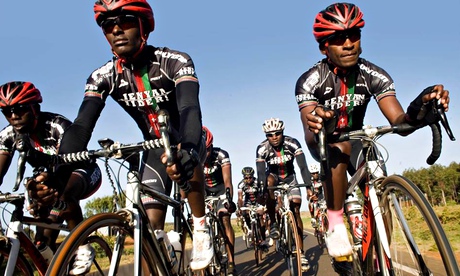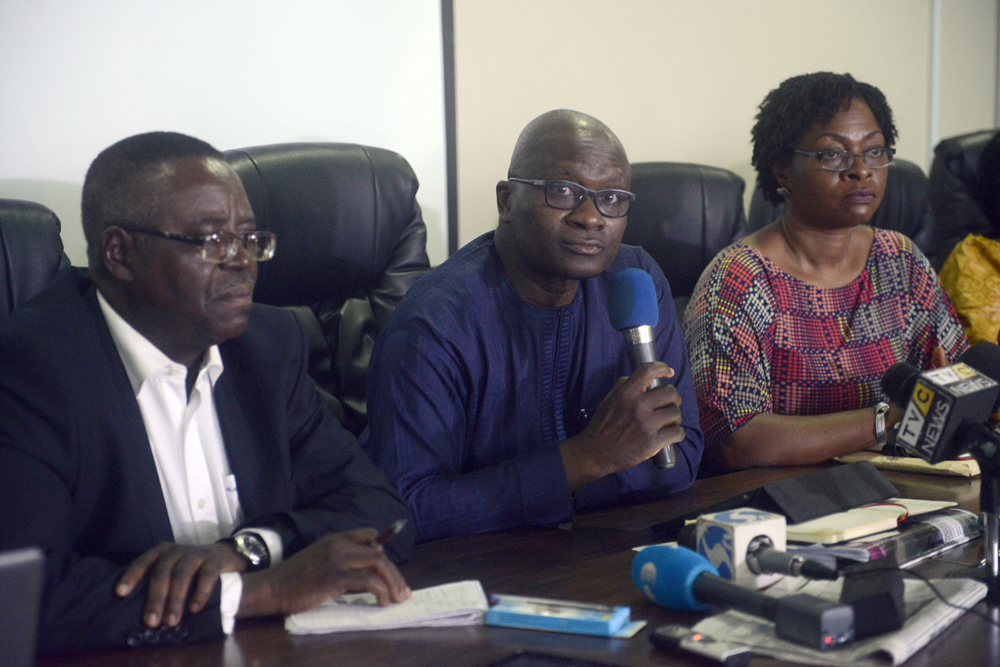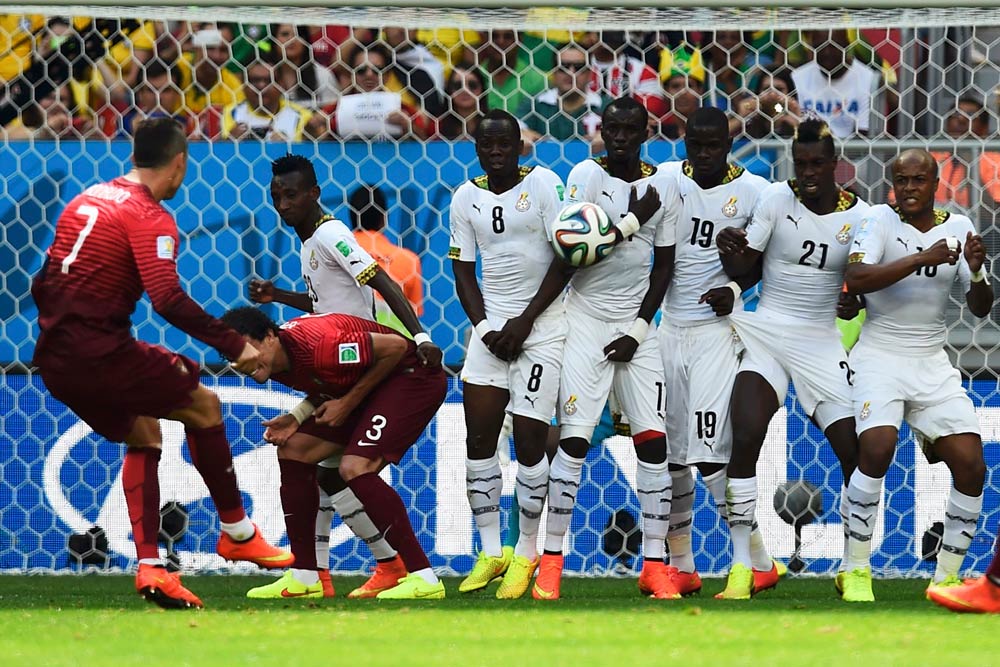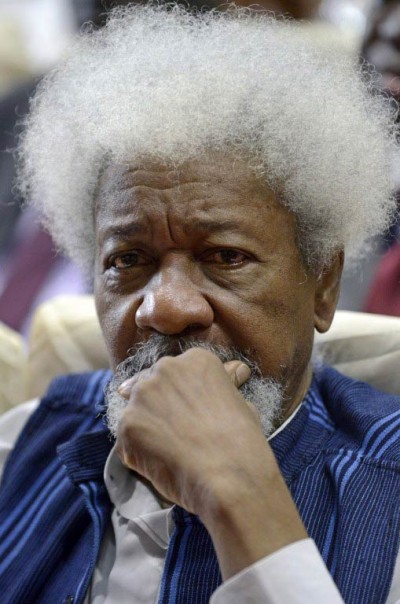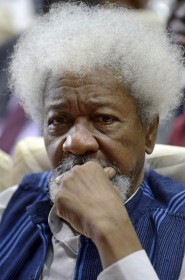Nigerian photographer Andrew Esiebo, a recent convert to social media, uses pictures to tell the story of Africa’s largest metropolis and beyond.
“I was sceptical at the beginning,” says Esiebo of Instagram. “From what I’d seen about social media, it was all about pictures of parties and holidays rather than a way to tell a story.”
When Esiebo did give the photo-sharing service a go, two of his most popular photos came to include a shot that captures Lagos’s party spirit and another of a child asleep on a beach in Freetown. With an Instagram account brimming with photos that reflect the everyday colourful chaos of Africa’s largest metropolis, Esiebo is one of a crop of rising stars whose mobile-shot photos are helping to revolutionise the way outsiders and local people see Africa.
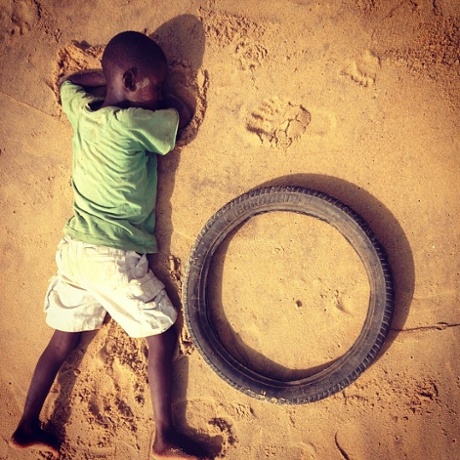
“Instagram has been quite remarkable in the impact it’s had, especially in the northern hemisphere where people have little idea of everyday life here,” says the 36-year-old Lagosian, whose previous projects range from a series documenting West Africa’s barbershops to a local neighbourhood team of grandmothers in South Africa when the country hosted the 2010 World Cup.
In a continent where mobile phone usage is exploding, Esiebo isn’t the only one who has realised the potential of Instagram. Along with 17 others, he is part of the Everyday Africa project, a collective of photographers who have taken on the “common media portrayal of the African continent as a place consumed by war, poverty, and disease”.
“One of the biggest pluses [of mobile phone photography] is it makes you much more invisible and therefore much more intimate,” says Esiebo. “From a technical point of view it’s more limiting, but the idea of using Instagram for storytelling just makes a lot of sense.”
Appetite has even come from those already familiar with the tapestry of Nigeria. “There are some images I’ve posted that weren’t meant for a Nigerian audience that sometimes got the biggest response [there],” he says.
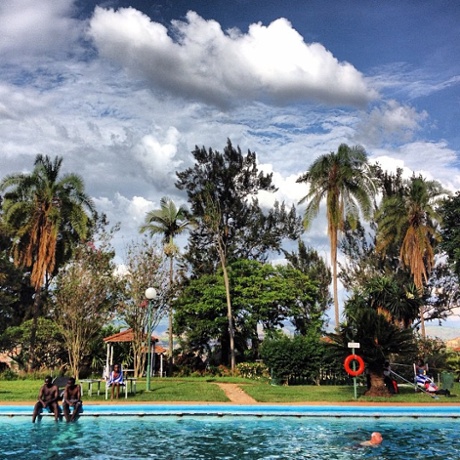
Esiebo becoming a photographer was remarkable in itself. Nigeria has a vibrant arts scene, but artists work in challenging conditions. Recently a show featuring Esiebo’s work in northern Nigeria’s main city of Kano had to be scrapped after a series of bomb attacks by Islamists Boko Haram.
But it is the daily grind that drags most artists down. Well-maintained galleries are few and far between, and most exhibitions depend on word of mouth for attracting visitors. “Infrastructure is a major problem. There’s no funding, no support networks for indigenous photographers,” Esiebo notes. “Much more attention was paid to westerners, who would document our story and then bring it back to us.”
While working at the French Research Institute in Ibadan, Esiebo was “lucky to have access to photography books”. Then in 2006, he met the celebrated Nigerian photographer George Osodi.
“That was a turning point. It gave me the confidence, that if he could tell our story as a Nigerian, then I could too,” he said. “The best thing about being a photographer is having a chance to tell your own story.”
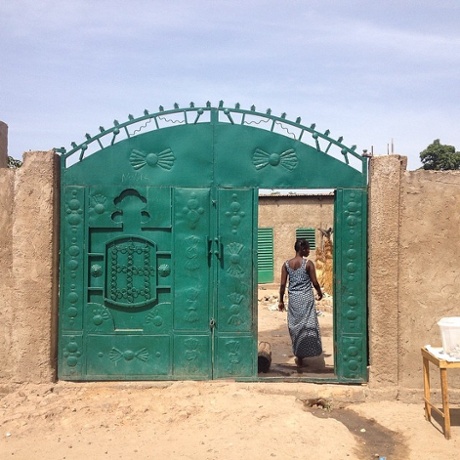
Challenges of copyright and distribution are magnified in Nigeria, as evidenced from bootlegged videos, CDs and books openly sold in every city. And though mobile photography has other limits, believes it’s only going to grow bigger. “It’s just an alternative way to reach out to people. For me, pictures are not just about quality, it’s about the story behind them.”
Monica Mark for the Guardian Africa Network.

